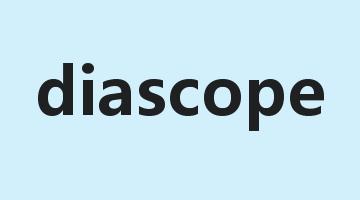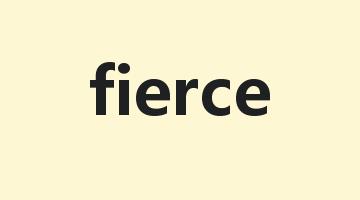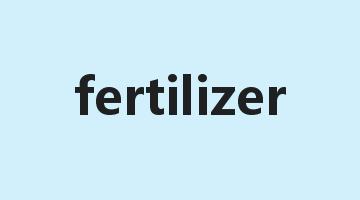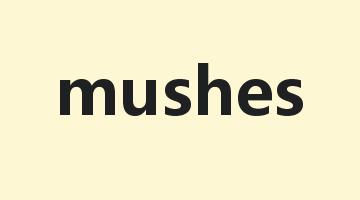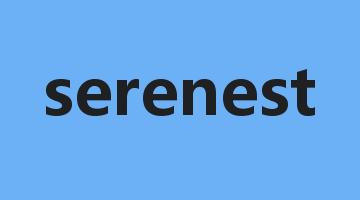英语技巧:present常见用法
2023-11-01 12:46:50 学考宝 作者:佚名

重点词汇预告
adv.曾经;永远;不断地;在任何时候;究竟
参考例句:
- Have you ever been to hangzhou?你曾经去过杭州吗?
- I will be young and strong and beautiful for ever.我将永远年轻、强壮,永远漂亮。
adj.被一般承认的,被认为标准的v.收到( receive的过去式和过去分词 );接到;接纳;接待
参考例句:
- He received a knighthood in the New Year's Honours list. 他是新年受勋者之一,荣获爵士称号。
- The received wisdom is that they cannot win. 大家一致认为他们不会赢。
adj.将来的,未来的;n.将来,未来
参考例句:
- We are still on the way of future.我们还在未来的路上。
- We all work hard in the interests of our future.我们都为我们自己的将来而努力工作。
adj.活的,活着的,现存的;逼真的,一模一样的;生活的,维持生活的;n.生活,生计
参考例句:
- Nowadays it is very easy to earn a living.现今谋生很容易。
- I'll never forget that as long as I am living.这事我至死也不会忘记。
n.组合,集合,设定;一套,一副,一局比赛;v.放置,设定;(太阳)落下去
参考例句:
- He set to with a will and soon finished it.他下定决心做这件事,很快就完成了。
- The bus set the children down just outside the school gate.公共汽车让孩子们正好在学校门口下车。
v.(is,am的过去式)是,在
参考例句:
- He said he was right.他说他是正确的。
- He was cold and hungry.他又冷又饿。
n.会议;集会
参考例句:
- Will you be at the meeting?你会来开会吗?
- We would like to hold the meeting at an early date.我们希望早日举行这次会议。
n.后果,结果( result的名词复数 );成绩(包括比分、得票、获胜者或当选者名单等);成功实现的事v.发生( result的第三人称单数 );导致;随着发生;结果发生
参考例句:
- There is reasonable concordance between the two sets of results. 两组结果之间有着合理的一致。
- I'm still waiting for confirmation of the test results. 我仍在等待考试结果的通知书。
n.调查;考察;测验
参考例句:
- Survey the car before you buy it.买车之前先对它鉴定一下。
- His report is more than a survey.他的报告不只是一份调查。
n.发现物( finding的名词复数 );调查(或研究)的结果;(陪审团的)裁决
参考例句:
- It behoves us to study these findings carefully. 我们理应认真研究这些发现。
- Their findings have been widely disseminated . 他们的研究成果已经广为传播。
adj.惊愕的,受震惊的v.使…震惊( shock的过去式和过去分词 );使受电击;使…感到厌恶[恐惧]
参考例句:
- The local community was shocked by the murders. 当地社会对这些谋杀案感到震惊。
- The police were shocked by the ferocity of the attack. 警方对那起攻击的凶残感到震惊。
vbl.have的过去式和过去分词;conj.有
参考例句:
- I just had a good idea!我有个好主意!
- The boy had a small branch of a tree in his hand.这个男孩手上拿一条小树枝。
pron.我自己
参考例句:
- Should I do it myself?我应该自己做吗?
- I woke up to find myself in the hospital.我醒来发现自己在医院里。
adj.整整的;全部的;完整的
参考例句:
- It snowed for two whole days.雪下了整整两天。
- The whole village was sleeping.整个村庄一片寂静。
正文
1. “Present” 作名词用,可以表示 “礼物”,相当于 “gift”。
What's the best present you've ever1 received2?
I love it when people give me presents.
2. 名词 “present” 还可以表示 “现在,此时此刻”,常与定冠词 “the” 连用,即 “the present(目前,当下)”。
Stop talking about the future3, and start living4 in the present!
The film is set5 in the present. It's about things happening now.3. “Present” 作形容词用,可以表示 “在场的,出席的”。
I was6 present for all seven classes.
He wasn't present for last week's meeting7.
4. “Present” 作动词用时,发音为 /prɪˈzent/,与名词和形容词 /ˈprez.ənt/ 不同。它可用在正式场合,表示 “呈现,展示” 某物,或 “提供” 信息 。
I presented the results8 of the survey9 to the rest of the team.
When she presented the findings10, people were shocked11.
5. “Present” 作动词用,还可以表示 “介绍、引见(某人)”。
I'd like to present my friend, Nick.




